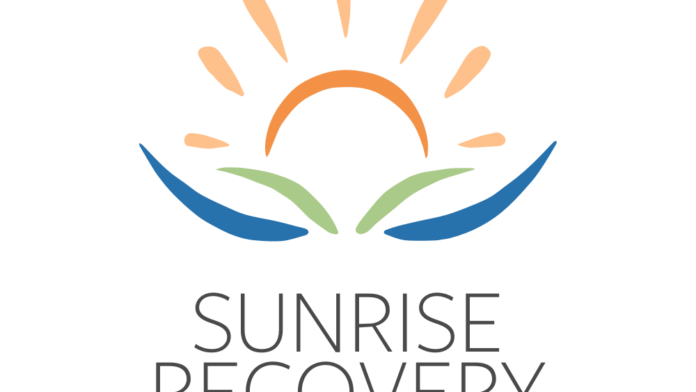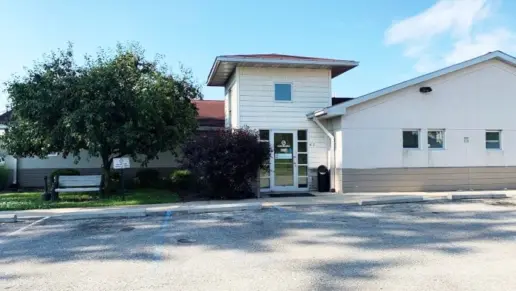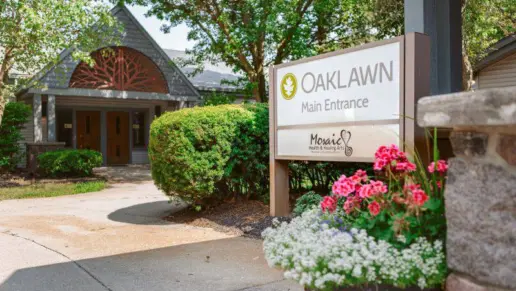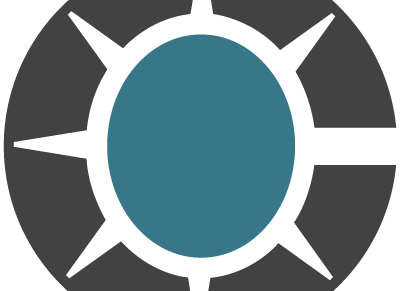The staff and Cooks are Great people. That have your best interests at heart. Great support system. Give Great advice and make sure the patient has a comfortable experience returning to a healthy life. Thank you for your support and close nit family-oriented recovery center. ...
About Sunrise Recovery
Sunrise Recovery is a dual diagnosis treatment center for adults in Clarksville, Indiana. They specialize in treating people who have co-occurring addictions and mental health disorders. Here, you’ll find a lot of different programs including medical detox, inpatient treatment, and multiple levels of outpatient care. You can pay for their services privately or see if they’re in network with your commercial insurance plan. They also accept Medicaid. If you need help covering the cost, they can share information on payment plans and financial assistance.
For many people, detox is the first step in addiction recovery. This step should always be performed under medical supervision. While some people don’t need any help beyond their doctor’s support and guidance, others will need special medicines to ease their pain and reduce their cravings. At this facility, you can get both.
If you use alcohol or opioids, you can use FDA approved addiction medications like Suboxone and Vivitrol in their medication assisted treatment (MAT) program. This helps control cravings and lowers the chance of relapse during treatment.
Whether you move into an inpatient unit or you keep recovering from home, you’ll have access to individual, group, and family counseling and peer support groups that follow the SMART Recovery model. They also embrace holistic therapies, so you can heal through art, music, and recreation.
Former clients speak exceptionally high of their time at this recovery center. One client shared that from the time they woke up until the time they went to bed, there was something to do, which didn’t give them any time to think about using drugs or alcohol. Another said they felt loved at all times and that the facility truly felt like home.
Rehab Score
Location
Location
Accepted Insurance
Other Forms of Payment
Medicaid is a state based program that helps lower-income individuals and families pay for healthcare. Medicaid covers addiction treatment so those enrolled can use their coverage to pay for rehab. When a program accepts Medicaid the client often pays very little or nothing out of their own pocket.
Private insurance refers to any kind of healthcare coverage that isn't from the state or federal government. This includes individual and family plans offered by an employer or purchased from the Insurance Marketplace. Every plan will have different requirements and out of pocket costs so be sure to get the full details before you start treatment.
Self-pay involves paying for treatment out of your own pocket. You can use savings or credit, get a personal loan, or receive help from family and friends to fund your treatment. If you don't have insurance or your insurance plan doesn't cover a specific program, self-pay can help ensure you still get the care you need.
Financial aid can take many forms. Centers may have grants or scholarships available to clients who meet eligibility requirements. Programs that receive SAMHSA grants may have financial aid available for those who need treatment as well. Grants and scholarships can help you pai for treatment without having to repay.
Sliding scale payments are based on a client's income and family size. The goal is to make treatment affordable to everyone. By taking these factors into account, addiction recovery care providers help ensure that your treatment does not become a financial burden to you or your family, eliminating one barrier to care.
Medicare is a federal program that provides health insurance for those 65 and older. It also serves people under 65 with chronic and disabling health challenges. To use Medicare for addiction treatment you need to find a program that accepts Medicare and is in network with your plan. Out of pocket costs and preauthorization requirements vary, so always check with your provider.
Addiction Treatments
Levels of Care
Treatments
A combined mental health and substance abuse rehab has the staff and resources available to handle individuals with both mental health and substance abuse issues. It can be challenging to determine where a specific symptom stems from (a mental health issue or an issue related to substance abuse), so mental health and substance abuse professionals are helpful in detangling symptoms and keeping treatment on track.
Programs


Clinical Services
Research clearly demonstrates that recovery is far more successful and sustainable when loved ones like family members participate in rehab and substance abuse treatment. Genetic factors may be at play when it comes to drug and alcohol addiction, as well as mental health issues. Family dynamics often play a critical role in addiction triggers, and if properly educated, family members can be a strong source of support when it comes to rehabilitation.
Group therapy is any therapeutic work that happens in a group (not one-on-one). There are a number of different group therapy modalities, including support groups, experiential therapy, psycho-education, and more. Group therapy involves treatment as well as processing interaction between group members.
In individual therapy, a patient meets one-on-one with a trained psychologist or counselor. Therapy is a pivotal part of effective substance abuse treatment, as it often covers root causes of addiction, including challenges faced by the patient in their social, family, and work/school life.
Motivational interviewing aims to stimulate the client's personal motivation and commitment to change. Rather than receive advice and warnings from the therapist, the client is given the opportunity to share their concerns and reach their own conclusions.
Amenities
-
Residential Setting
Staff & Accreditations
Staff
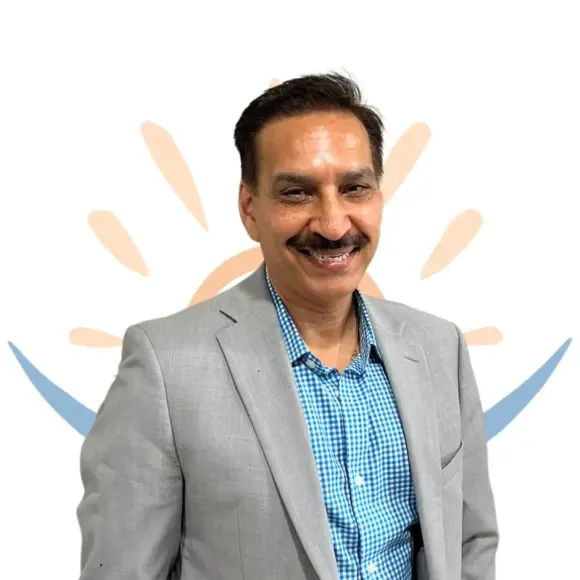
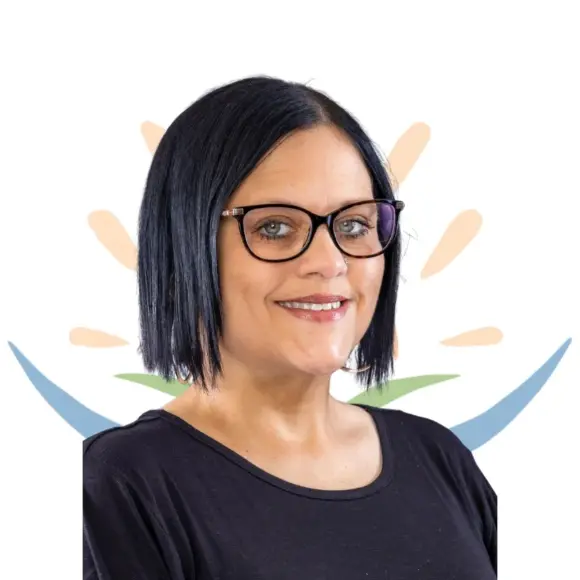
Chief Operating Officer
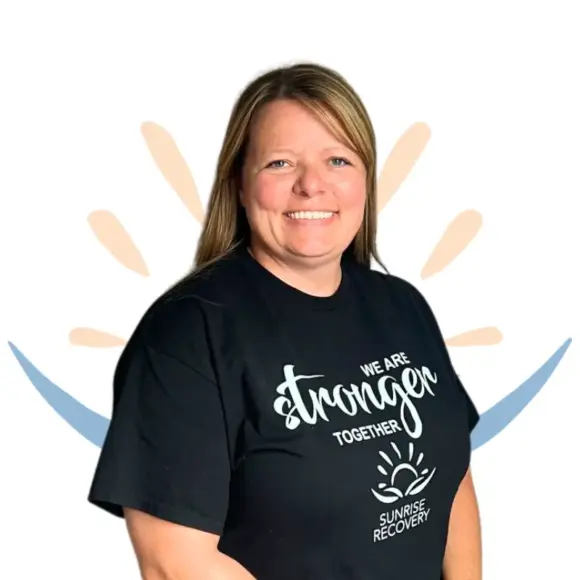
Director of Nursing and Admissions
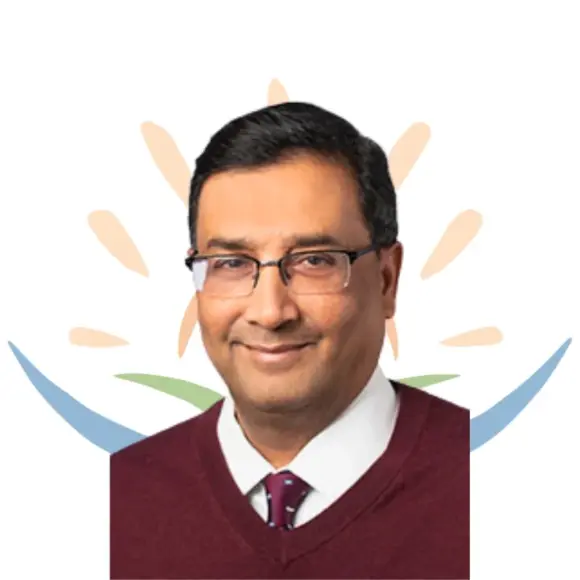
Medical Director
Accreditations

State Licenses are permits issued by government agencies that allow rehab organizations to conduct business legally within a certain geographical area. Typically, the kind of program a rehab facility offers, along with its physical location, determines which licenses are required to operate legally.
State License: Indiana
License Number: 1828-1-SUB
Contact Information
1610 Blackiston View Drive
Clarksville, IN 47129
